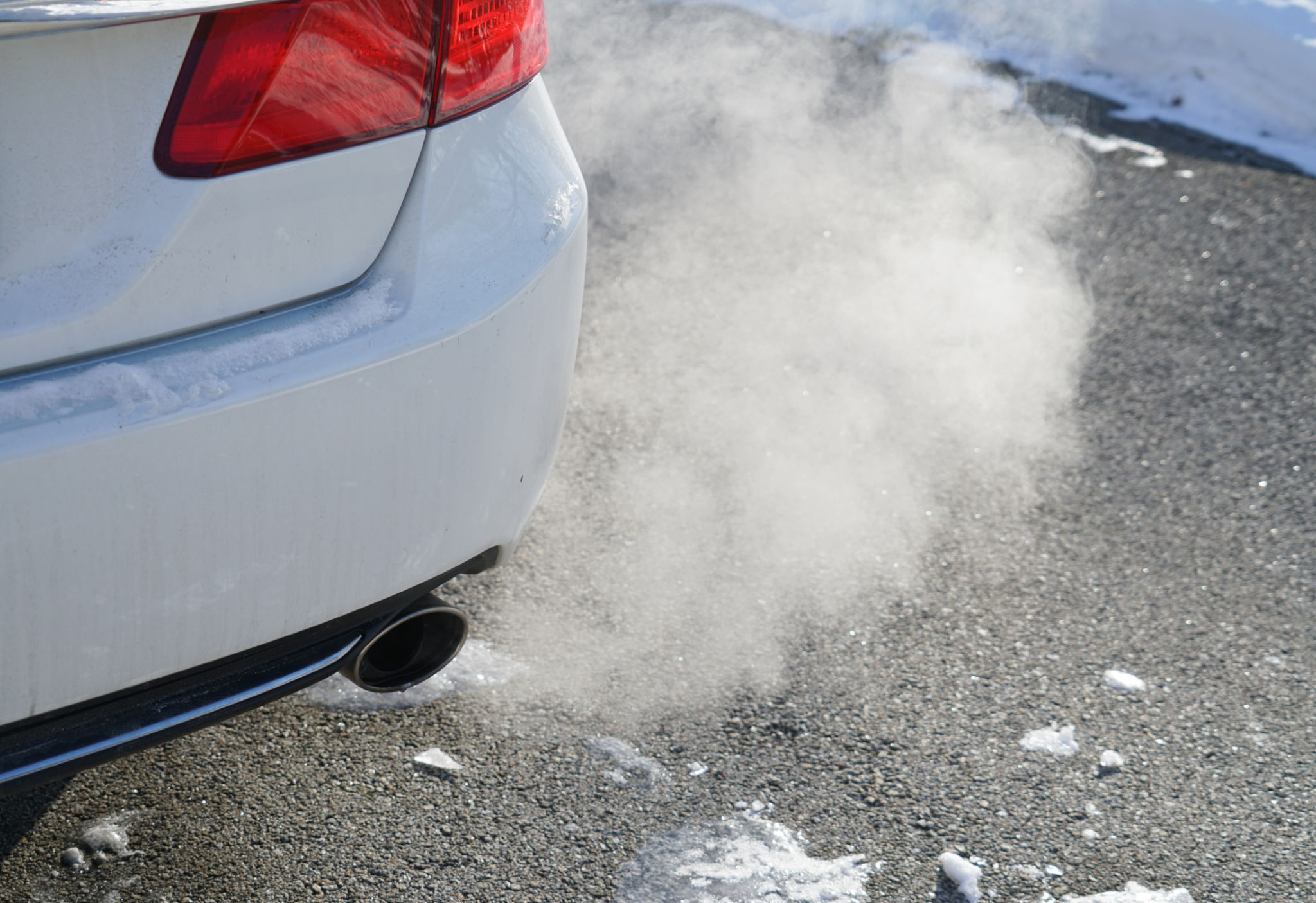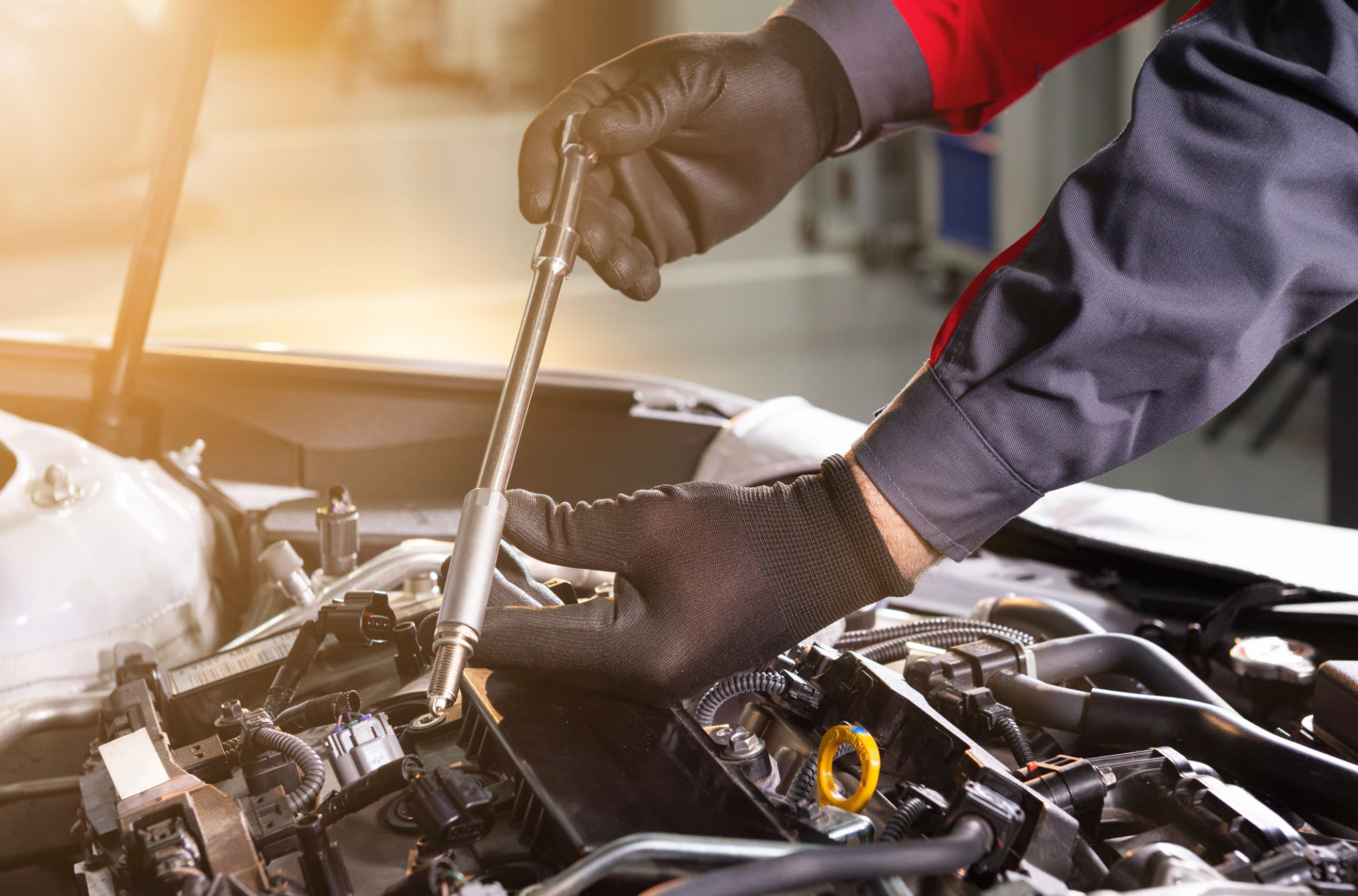DIY Exhaust System Checks and When to Seek Professional Services
Understanding Your Exhaust System
Your vehicle's exhaust system plays a crucial role in managing emissions and maintaining optimal engine performance. Regular checks can help you identify potential issues before they escalate into costly repairs. Knowing how to perform some basic DIY checks can save you time and money.
The exhaust system consists of several components, including the manifold, catalytic converter, oxygen sensors, and muffler. Each part has a specific function, and understanding these can help you diagnose problems more effectively. With a basic knowledge of your exhaust system, you can identify when a simple fix is enough or when it's time to seek professional help.

DIY Exhaust System Checks
Visual Inspection
Start by conducting a visual inspection of your exhaust system. Look for any visible signs of damage, such as rust, holes, or loose components. Pay particular attention to the joints and areas where different parts connect. Rust is a common issue that can weaken the system and lead to leaks.
Listen for Unusual Noises
Unusual noises are often the first indicators of exhaust system problems. If you hear loud rumbling or hissing sounds while the engine is running, it could mean there's a leak or a hole in the exhaust. A rattling noise might indicate loose parts or a failing muffler. These auditory cues can help pinpoint specific issues.

Check for Exhaust Leaks
Exhaust leaks can pose serious health risks due to the emission of toxic gases like carbon monoxide. To check for leaks, start your car, let it run, and look for any visible smoke escaping from areas other than the tailpipe. Additionally, pay attention to any unusual smells inside the vehicle, as this could indicate a leak in the system.
When to Seek Professional Services
Complex Repairs
While DIY checks can help identify minor issues, complex repairs should be left to professionals. If you suspect problems with the catalytic converter or oxygen sensors, it's best to seek expert assistance. These components require specialized knowledge and tools for proper diagnosis and repair.

Consistent Performance Issues
If your vehicle consistently experiences performance issues like reduced fuel efficiency or poor acceleration, it might be time to consult a professional mechanic. These symptoms could indicate deeper problems within the exhaust system that require comprehensive diagnostics.
Regular Maintenance
Regular professional maintenance is essential to keep your exhaust system in top condition. A trained mechanic can conduct thorough inspections, clean components, and ensure everything functions correctly. Scheduling regular check-ups can prevent small issues from becoming major concerns.
